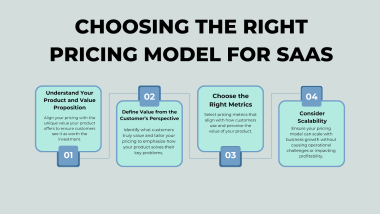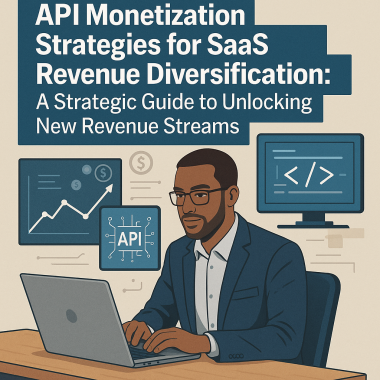A surprising Unity fee introduction is a move that has left many puzzled, Unity has announced its intention to charge game developers using the Unity Game Engine every time a user installs one of their games. This applies across all platforms – mobile, console, PC, and beyond. Essentially, Unity games will monitor installations to invoice game creators.
Details of the New “RunTime Fee” Structure
According to information from GamesIndustry, Unity is set to introduce a “RunTime Fee” for every title developed using the latest iteration of its engine. This cost becomes applicable as developers surpass a specific number of game installs. For those working with the Unity Personal or Unity Plus licenses, there’s a bit of relief: they won’t incur any charges until reaching a significant milestone. Specifically, developers will only be billed once they register 200,000 installs in a year or generate a revenue of $200,000. On the other hand, those availing of the pricier Pro and Enterprise versions of Unity have a larger threshold; they’d need to have 1 million game installs or achieve $1 million in revenue to start incurring these costs.

When breaking down the payment structure, the Unity Runtime Fee will be billed as a monthly charge based on the number of installs. For games under the Personal and Plus licenses, Unity will charge $0.20 per installation. To put that into perspective, an indie game registering 1 million installs would owe Unity a substantial $200,000. For the Enterprise clientele, the fee is slightly reduced at $0.125 per install.

Implications for Free Games
Raising eyebrows further is the application of the Unity Runtime Fee even to games that are completely free. This means even if a game is free and doesn’t have any in-game purchase mechanisms, it’s still subjected to the Runtime Fee terms.
Unity’s Solution for Developers of Free Games
In response, Unity has suggested a potential remedy. Developers of free games can opt to integrate Unity’s LevelPlay advertising service or other Unity-specific features. This, Unity argues, would help counterbalance the costs and establish a more equitable value exchange between game engine providers and game developers.
The Changing Tides of Game Development Engines
It’s vital to point out that Unity’s popularity has seen some fluctuations recently. While indie developers still appreciate its flexibility, a significant chunk of major AAA game releases now prefer the Unreal Engine 5. Some studios with a legacy of using proprietary engines, like the team behind Cyberpunk (CD Projekt RED), have even shifted their allegiance to Unreal 5.
Controversies and Unity’s Standing in the Industry
This decision to bill developers arrives on the heels of various challenges faced by the company. Financial strains aside, the firm has been in the limelight for undertaking several military contracts, a fact unbeknownst to some of its employees.
Despite these challenges, Unity continues to be a staple in some game development circles, especially for indie PC titles and VR experiences. However, this new fee structure may further deter developers from its platform.
Latest Update
Facing the community outrage, Unity announced they are researching other options. The details remain still unknown. Check our latest post about Unity.






